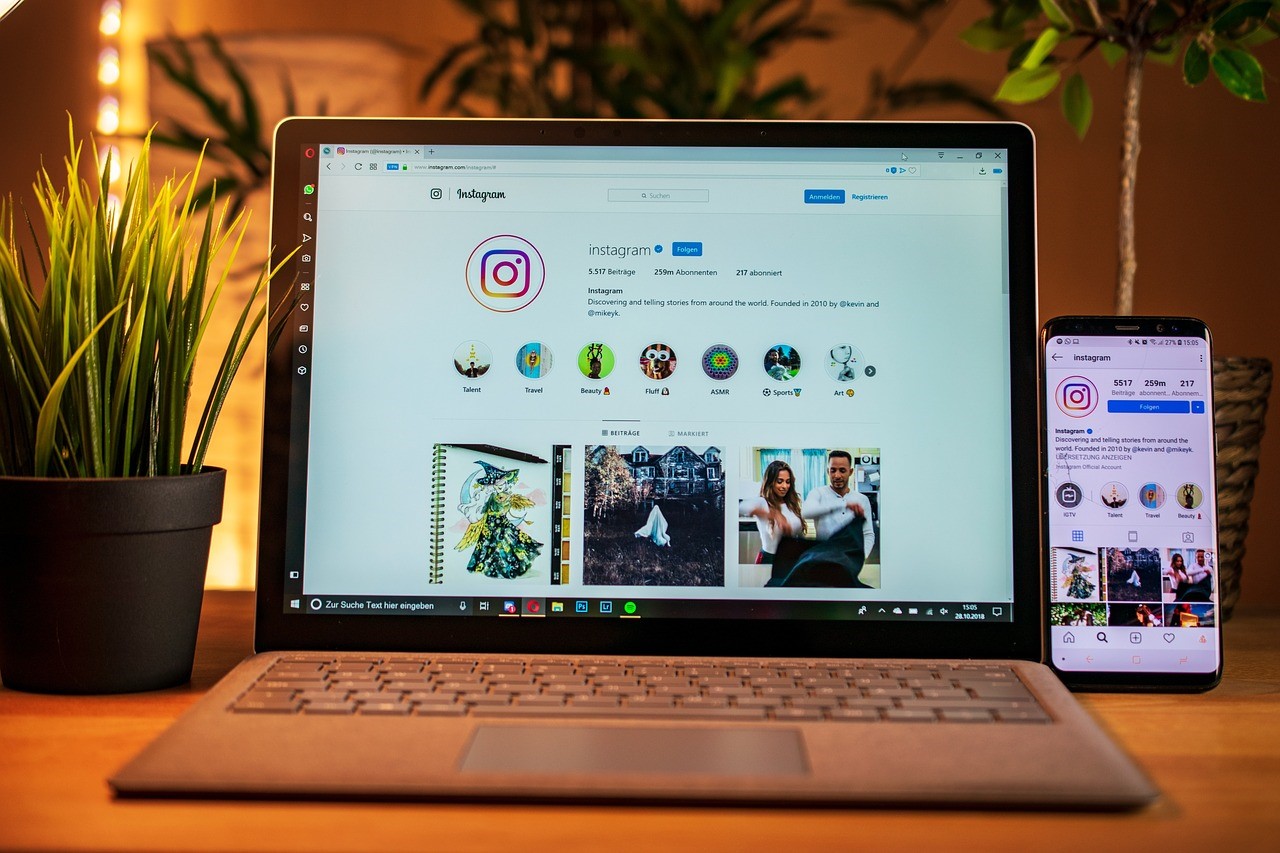In case you are thinking that mobile apps are getting secured in recent times, read the industry data available online that tells a different story. The number of ransomware attacks has increased by over 13 times in 2019 than in 2017. As China is among the top malware production country in the world, it is expected that people around the globe will soon encounter over millions of identifiable threats to mobile apps.
Is your app safe?
Maybe, it all depends on the software developers who have worked on your app. Most developers, especially novices, often miss applying mobile app security best practices during the mobile app development process. This leads to failure in app development since their developed apps are not secured enough to protect business and user data.
How to secure a mobile app? Why businesses need mobile app security?
The app development world has everything- it has apps, software, developers, programmers, QAs, and of course, hackers. These hackers are a part of the IT world making it malicious for every business. There are security threats that can lead to business data loss. To prevent such immense loss, business companies need to follow certain mobile app security steps –
- Faulty Server Controls
Hackers target the main servers of the company because most of the businesses take server-side security for granted. This usually happens due to lack of knowledge about security, cross-platform development, and limited budget for security features.
To prevent this threat, companies must ask their developers to safeguard servers on the first note. They can try scanners for app scanning and detecting common bugs and issues. Once the bugs are addressed, it is not difficult to resolve them.
- Zero Binary Protection
A hacker can easily inject malware to mobile app that lacks in Binary protection. Intruder can even create copies of the app and redistribute it in the market. This will lead to data breaching, loss of revenue, and major harm to branding.
Companies can deploy binary hardening strategies in which binary files are evaluated and altered as per the security standards. It is crucial to ask developers to double-check the code lines for better app security.
- Data Storage insecurity
No data storage system is another loophole found in mobile app security. Today, most developers are managing their projects in the client storage. They are storing their internal data to client database storage. Due to this negligence, attackers find it easy to access and manipulate the data resides in the client storage.
Data storage insecurity risk can be fixed by building an extra encryption layer over base-level encryption of an operating system.
- Unintended Data Leakage
Attackers can leak data when major mobile apps are stored in vulnerable locations in the mobile or tablet. Developers can fix the issue of unintended data leakage by monitoring most common data leakage points like app background, browser cookie objects, caching, logging, etc.
Major Challenges of Mobile App Security
Mobile apps can become vulnerable if developers or a company fail to take measures for their security from malware attacks. Here we got a list of challenges that mobile app security can face if proper testing is not performed by professionals –
1. Device fragmentation – Developers need to perform many critical processes before launching a mobile app. They have to test it on various devices to check resolutions, functionalities, responsiveness, and limitations.
2. Weak Encryptions – Weak encryption makes smart devices prone to the security risk. It enables devices to accept data from other mobile or gadget. Hackers usually target an open end in public mobile devices. When any business app has weak encryption, it becomes a soft target and get attacked.
3. Weaker hosting controls – Developers need to choose well-protected servers for hosting the app to avoid any unauthorized users from accessing critical data or information.
Developers should follow app development security best practices, such as-
- Using secure code – Developers have the potential to create mobile app security essentials into project at code level. For instance, using content controls method to limit copy-paste actions can protect your app against security attacks.
- Testing code – It is critical to test the code in the real world by checking and verifying the download and installation methods used by the app. Developers can adopt several testing techniques for code testing, such as network security testing, penetration testing, and data security testing.
- Secure payment gateways – It is important to implement protected transactions. Developers can add code to measure data access parameters like user location to prioritize the payment security and DB transactions handled by the apps. They can even add other transaction security features by embedding app-level VPN support into their developed software.
Enterprise mobile apps development security with the right practice is helping businesses by preventing malicious users from misleading weaknesses in apps and devices. There are ways to secure a mobile app and developers can follow these measures to protect their apps from hackers. With the right set of knowledge and experience, mobile app security can evolve the way of business success.





